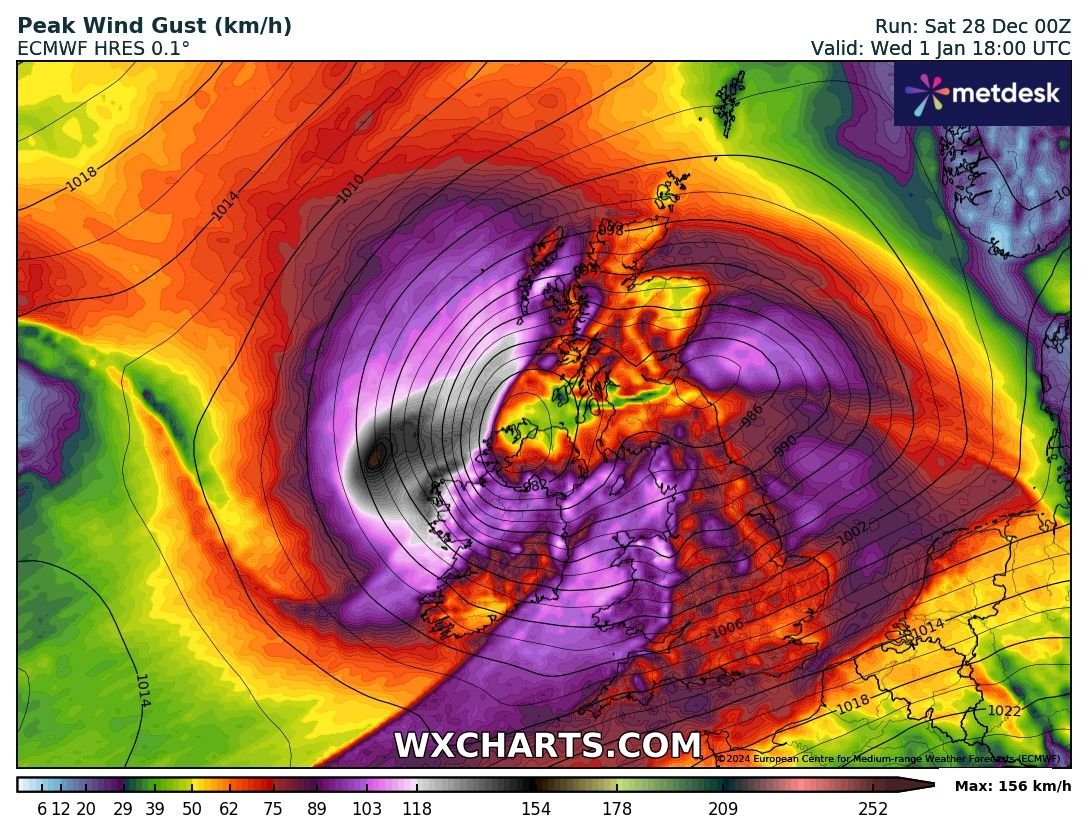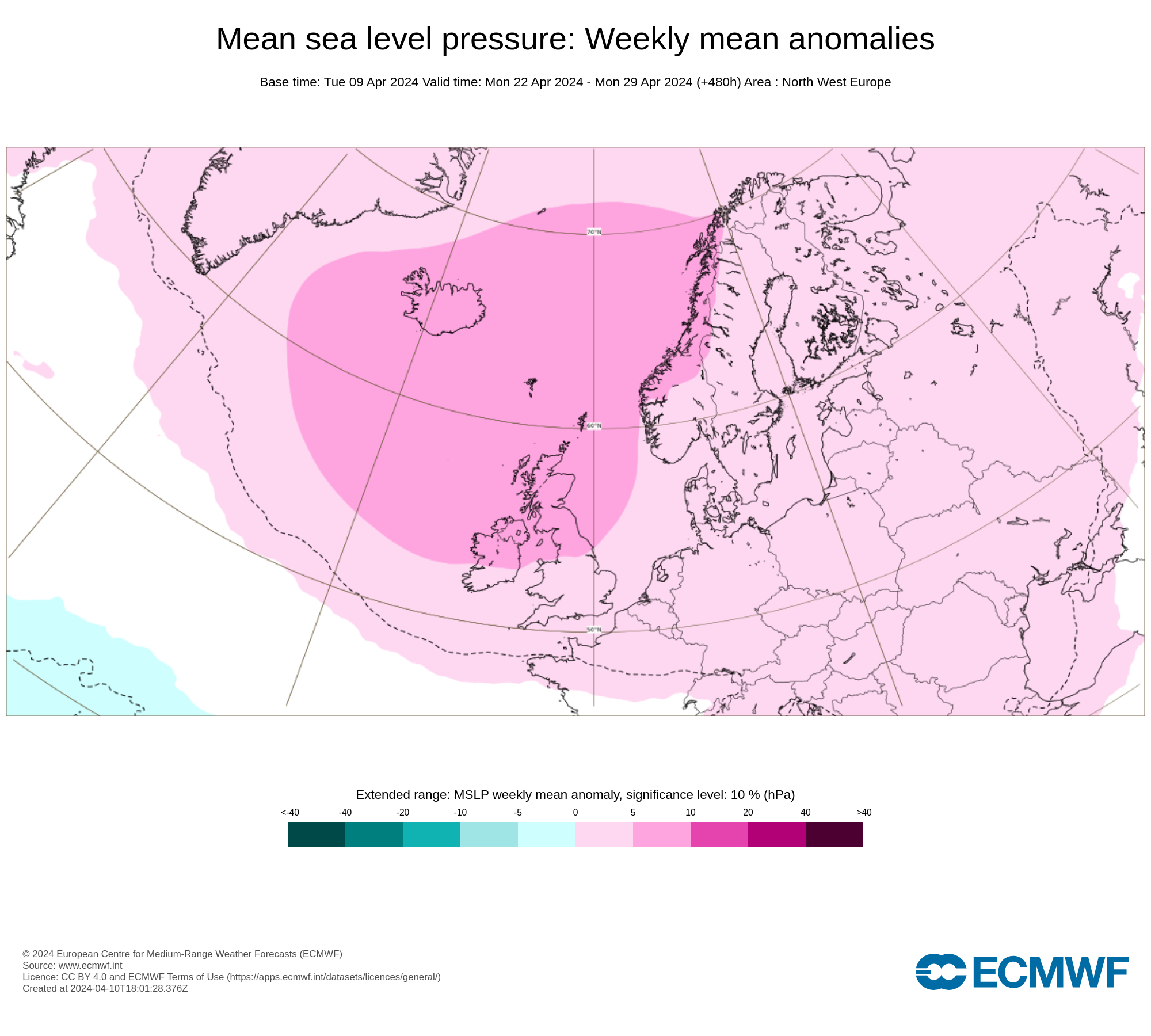HOW AIR POLLUTION IS DESTROYING OUR HEALTH
Climate change → Air pollution is the greatest environmental risk to health of our time, and climate change is the greatest public health threat of the 21st century. Burning fossil fuels is the primary source of both climate-warming emissions and health-damaging air pollution. Reducing emissions of short-lived climate pollutants can generate immediate benefits for health and slow climate change Actions to reduce both greenhouse gas emissions and short-lived climate pollutants are also measures to protect public health now and in the future. Unsplash/Thomas Hafeneth
Air pollution is the “new tobacco,” Director-General of the World Health Organization (WHO) Dr. Tedros Adhanom Ghebreyesus said. He warned that the simple act of breathing is killing 7 million people a year and harming billions more.
As the world gets hotter and more crowded, our engines continue to pump out dirty emissions, and half the world has no access to clean fuels or technologies (e.g. stoves, lamps), the very air we breathe is growing dangerously polluted: nine out of ten people now breathe polluted air, which kills 7 million people every year. The health effects of air pollution are serious – one third of deaths from stroke, lung cancer and heart disease are due to air pollution. This is an equivalent effect to that of smoking tobacco, and much higher than, say, the effects of eating too much salt.
Air pollution is hard to escape, no matter how rich an area you live in. It is all around us. Microscopic pollutants in the air can slip past our body’s defences, penetrating deep into our respiratory and circulatory system, damaging our lungs, heart and brain.
The lack of visible smog is no indication that the air is healthy. Across the world, both cities and villages are seeing toxic pollutants in the air exceed the average annual values recommended by WHO’s air quality guidelines. To help people better understand just how polluted the air is where they live, the WHO, UN Environment and the Climate and Clean Air Coalition’s Breathe Life campaign developed an online pollution meter.
This year, WHO and partners are convening the first Global Conference on Air Pollution and Health in Geneva on 29 October – 1 November to rally the world towards major commitments to fight this problem. The conference will raise awareness of this growing public health challenge and share information and tools on the health risks of air pollution and its interventions.
This conference will showcase some of WHO’s work on air pollution, including the findings of its Global Platform on Air Quality and Health. This platform whose diverse membership includes researchers, civil society, UN agencies and other partner institutions reviews the data on air quality and health. For example, the platform is working on techniques to more accurately attribute air pollution coming from different sources of pollution. It is also working on improving estimates of air quality by combining the data from various air quality monitoring networks, atmospheric modelling and satellite remote sensing.
Continues below
There are two main types of air pollution – ambient air pollution (outdoor pollution) and household (or indoor) air pollution refers to pollution generated by household combustion of fuels (caused by burning fuel such as coal, wood or kerosene) using open fires or basic stoves in poorly ventilated spaces. Both indoor and outdoor air pollution can contribute to each other, as air moves from inside buildings to the outside, and vice versa.
Household air pollution kills 4 million people a year and tends to affect countries in Africa and Asia, where polluting fuels and technologies are used every day particularly at home for cooking, heating and lighting. Women and children, who tend to spend more time indoors, are affected the most.
The main pollutants: are (1) particulate matter, a mix of solid and liquid droplets arising mainly from fuel combustion and road traffic; (2) nitrogen dioxide from road traffic or indoor gas cookers; (3) sulphur dioxide from burning fossil fuels; and (4) ozone at ground level, caused by the reaction of sunlight with pollutants from vehicle emissions. The pollutant that affects people the most is particulate matter (often abbreviated to PM and used as a measure for air pollution).
Video: Did you know - using a clean cookstove can protect your health?
Air pollution has a disastrous effect on children. Worldwide, up to 14% of children aged 5 – 18 years have asthma relating to factors including air pollution. Every year, 543 000 children* younger than 5 years die from respiratory disease linked to air pollution. Air pollution is also linked to childhood cancers. Pregnant women are exposed to air pollution, it can affect fetal brain growth. Air pollution is also linked to cognitive impairment in both children and adults.
Kenneth from the Donegal Weather Channel
2019 CALENDAR NOW ON SALE




































